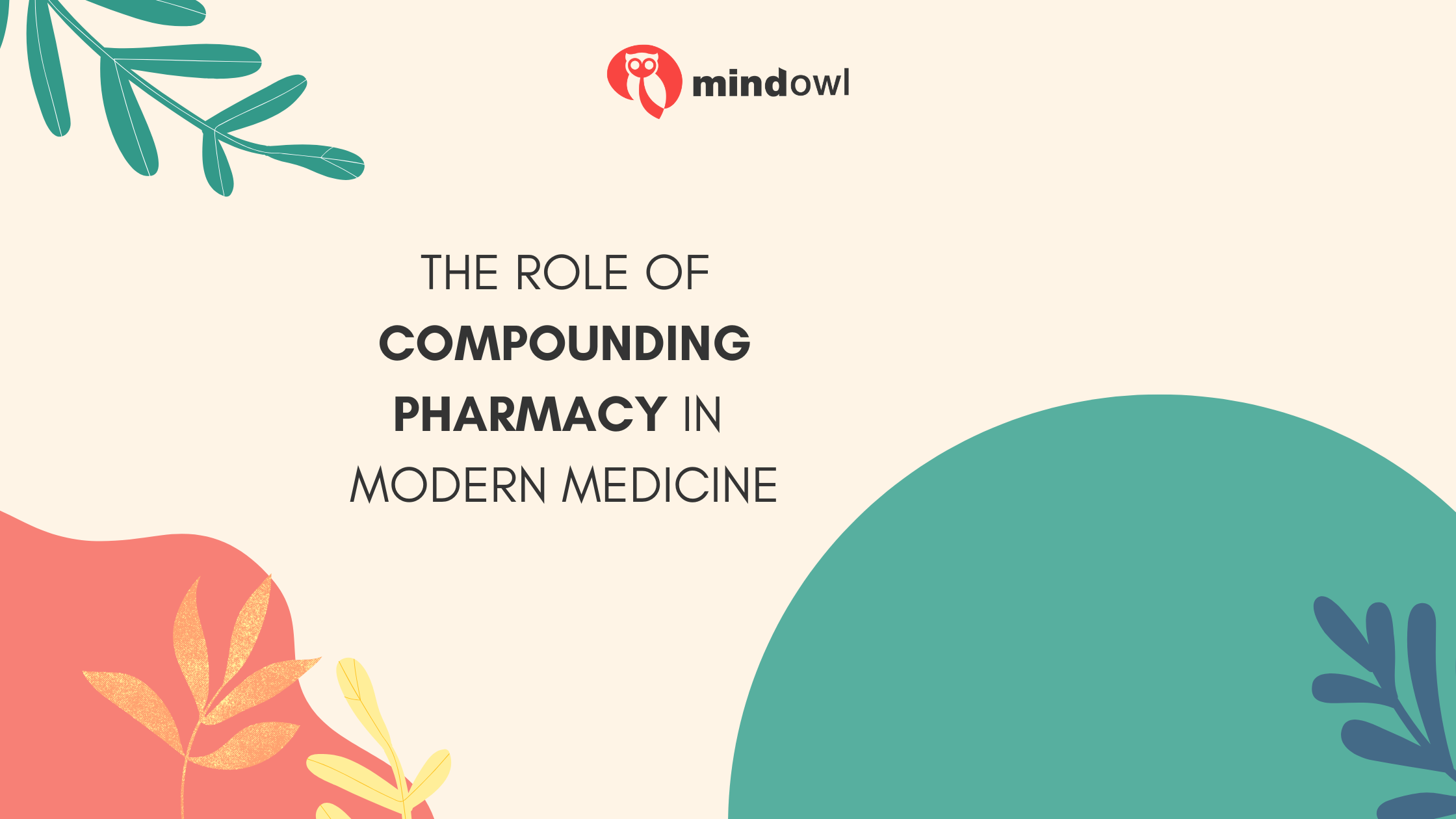In modern healthcare, the role of compounding pharmacies has become increasingly vital, offering solutions that go beyond what mass-produced medications can provide. Unlike standard pharmaceuticals, compounding pharmacies specialize in creating customized medications tailored to individual patient needs. This personalization allows patients with specific allergies, dosage requirements, or unique health conditions to receive the treatment best suited for them. As medicine advances toward a more patient-centered approach, compounding pharmacies are essential in making personalized care accessible and effective, enhancing the quality of life and improving health outcomes for countless individuals.

1. Benefits of Compounding Pharmacy
Unlike standard pharmaceuticals, which are mass-produced to suit a wide range of patients, compounding pharmacy allows for a high degree of personalization in terms of dosage, formulation, and ingredients. This flexibility helps address unique needs, such as allergies to certain fillers or sensitivities to specific preservatives, and is particularly beneficial for patients who struggle with traditional medication forms. Compounding pharmacies, such as Roseway Labs, provide invaluable solutions for individuals with rare conditions or specific requirements that may not be met by commercially available drugs. By offering these personalized options, compounding pharmacies support the growing movement toward individualized, patient-centered care.
2. Personalized Medicine: Tailoring Treatments for Individual Needs
One of the main advantages of compounding pharmacies is their contribution to the growth of personalized medicine. For many patients, standard medications may not work as effectively as tailored prescriptions. Compounding pharmacists work with healthcare providers to adjust dosage levels, create unique formulations, and even combine multiple medications into one, which makes treatment simpler and more effective for the patient. This approach is particularly beneficial for patients with chronic conditions who require long-term, customized solutions.
3. Addressing Allergies and Sensitivities
Patients with allergies or sensitivities to certain dyes, preservatives, or fillers in commercial medications often face challenges in finding suitable treatments. Compounding pharmacies provide an alternative by creating formulations that are free from these irritants, allowing patients to manage their health without unwanted side effects. For example, some patients may be lactose-intolerant or allergic to gluten, substances commonly used in pills or capsules. Through compounding, pharmacists can develop formulations that avoid these ingredients, ensuring a safe and effective medication experience.
4. Pediatric and Geriatric Care Solutions
Compounded medications are especially valuable in pediatric and geriatric care, where patients may have specific dosage requirements or difficulty taking standard medications. Children, for example, may need a lower dose or a liquid form of a medication that only comes in tablets. Similarly, older adults may have trouble swallowing pills and could benefit from liquid or topical alternatives. Compounding allows pharmacists to prepare medication in forms that cater to these unique needs, enhancing adherence and ensuring appropriate dosing.
5. Hormone Replacement Therapy (HRT) and Pain Management

Compounding pharmacies also play an essential role in areas like hormone replacement therapy (HRT) and pain management, where standardized medications might not meet individual patient needs. In HRT, for instance, customized hormone combinations can be made to match each patient’s unique hormonal profile. Pain management can be enhanced through compounded topical creams or gels that deliver medication directly to the affected area, reducing systemic side effects and offering more precise pain control.
Compounding pharmacies provide unique and essential services in the healthcare landscape. By tailoring medications to meet the specific needs of each patient, they not only improve health outcomes but also support the broader movement toward personalized medicine.
MindOwl Founder – My own struggles in life have led me to this path of understanding the human condition. I graduated with a bachelor’s degree in philosophy before completing a master’s degree in psychology at Regent’s University London. I then completed a postgraduate diploma in philosophical counselling before being trained in ACT (Acceptance and commitment therapy).
I’ve spent the last eight years studying the encounter of meditative practices with modern psychology.

